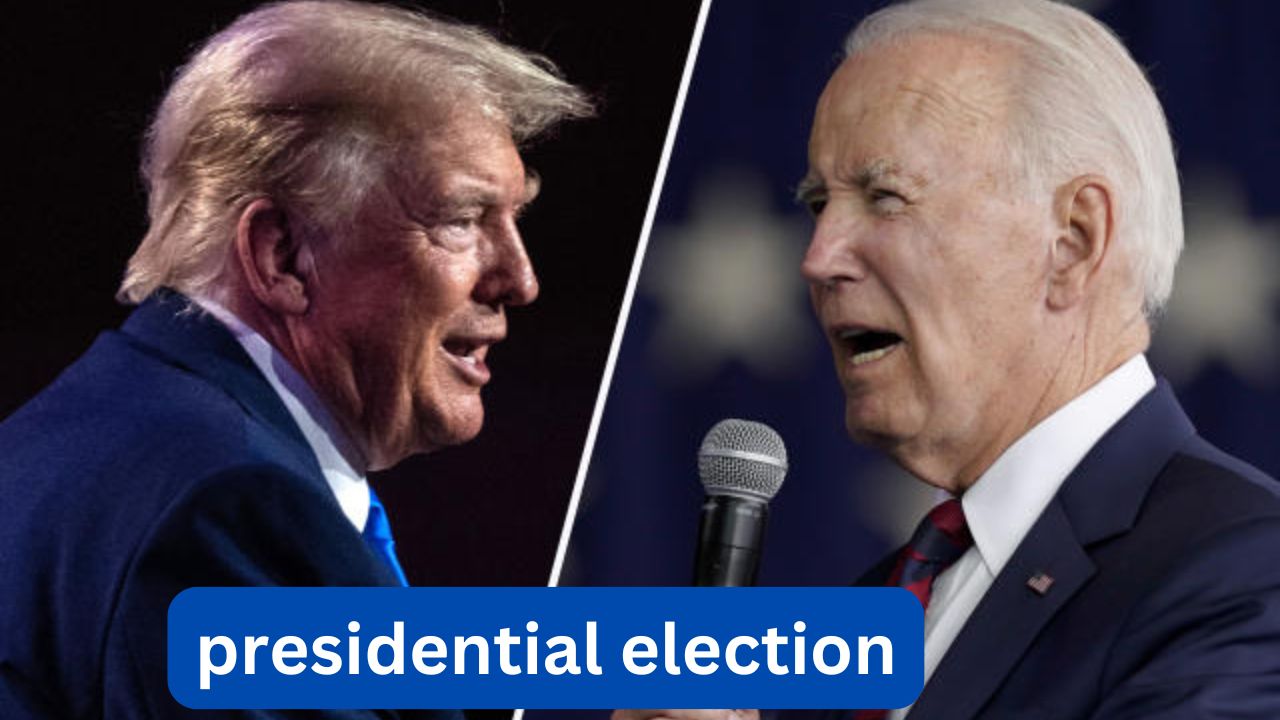The presidential election is one of the most significant events in the political landscape of any democratic nation. It is a process that determines who will hold the highest office in the country and make decisions that affect the lives of millions. Understanding the intricacies of this process is crucial for voters, political analysts, and anyone interested in the functioning of democracy.
The Evolution of Presidential Elections
The history of presidential elections reveals a fascinating evolution. In the early days of many democracies, the process was often limited to a small, elite group of voters. However, as time passed, the right to vote expanded to include more citizens, making the process more representative of the population. The introduction of universal suffrage was a turning point, allowing every adult citizen the right to vote regardless of race, gender, or socioeconomic status.
In the United States, for example, the Electoral College system was established by the Constitution. This system, while controversial, was designed to balance the influence of smaller states against larger ones. Over the years, various amendments and laws have been enacted to refine the election process, including the Voting Rights Act of 1965, which aimed to eliminate racial discrimination in voting.
Key Players in a Presidential Election
Candidates and Campaigns
The presidential candidates are the most visible players in an election. These individuals often come from major political parties, though independent candidates also play a role. The campaigns they run are designed to communicate their policies, personalities, and qualifications to the electorate. These campaigns are multifaceted, involving everything from television ads to social media outreach, public debates, and grassroots organizing.
Political Parties
Political parties play a crucial role in the election process. They are responsible for selecting their candidates, formulating policy platforms, and mobilizing voters. In many countries, the two-party system dominates, but multiparty systems can also be found. These parties are often deeply rooted in the political culture of the nation, influencing not only elections but also the broader political discourse.
The Media
The media serves as a bridge between the candidates and the public. It is through various media channels—television, newspapers, radio, and online platforms—that most people learn about the candidates and their platforms. The role of the media is not just to inform but also to shape public perception. Media coverage can make or break a candidate’s campaign, highlighting the importance of media strategy in modern elections.
The Electoral Process
Primaries and Caucuses
The primary elections and caucuses are the first steps in the electoral process. These events determine which candidates will represent their respective parties in the general election. Primaries are more common and involve voters casting ballots for their preferred candidate, while caucuses are more of a community gathering where participants discuss and vote on candidates.
The General Election
The general election is the final stage where voters make their choice for president. In some countries, this is a direct popular vote, while in others, like the United States, it involves an electoral system where electors cast the final votes based on the popular vote in each state. This system can sometimes lead to a situation where a candidate wins the popular vote but loses the electoral vote, a scenario that has sparked much debate.
The Role of Debates
Presidential debates are a cornerstone of the electoral process. These events allow candidates to present their views on various issues, challenge their opponents, and engage directly with the electorate. Debates are often seen as make-or-break moments in a campaign, providing a platform for candidates to clarify their positions and persuade undecided voters.
Challenges in the Presidential Election Process
Voter Suppression and Accessibility
One of the major challenges in the presidential election process is ensuring that every eligible voter has the opportunity to vote. Voter suppression tactics, whether through strict ID laws, purging voter rolls, or limiting polling locations, can disenfranchise significant portions of the population. Accessibility is another issue, with some voters facing barriers due to disabilities, lack of transportation, or inflexible work schedules.
Misinformation and Media Bias
In the age of social media, misinformation has become a significant challenge in presidential elections. False or misleading information can spread rapidly online, influencing voters’ perceptions and decisions. Additionally, media bias can skew coverage in favor of one candidate over another, making it difficult for voters to get an unbiased view of the candidates and their platforms.
The Influence of Money in Politics
Campaign finance is another critical issue in presidential elections. The high cost of running a campaign means that candidates often rely on donations from wealthy individuals, corporations, and political action committees (PACs). This reliance on money can lead to concerns about the influence of special interests on candidates and the policies they promote.
The Impact of Presidential Elections
The outcome of a presidential election has far-reaching implications. The elected president has the power to shape domestic and foreign policy, appoint key officials, and represent the nation on the global stage. The president’s decisions can influence everything from the economy to healthcare, education, and national security.
Moreover, presidential elections can also affect the political landscape for years to come. A significant victory for one party can lead to a realignment of political power, while a contentious election can deepen political divisions and lead to increased polarization.
Conclusion: The Future of Presidential Elections
As we look to the future, the presidential election process will continue to evolve. Technological advancements, changing demographics, and shifting political dynamics will all play a role in shaping the way elections are conducted. Ensuring a fair, transparent, and accessible election process will be critical to maintaining the integrity of democratic systems.
Presidential elections are more than just a vote—they are a reflection of a nation’s values, priorities, and aspirations. By understanding the complexities of the election process, voters can make informed decisions that contribute to the health and vitality of democracy.
